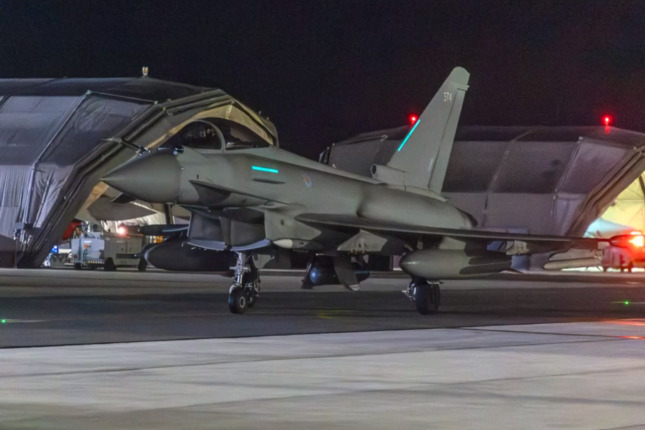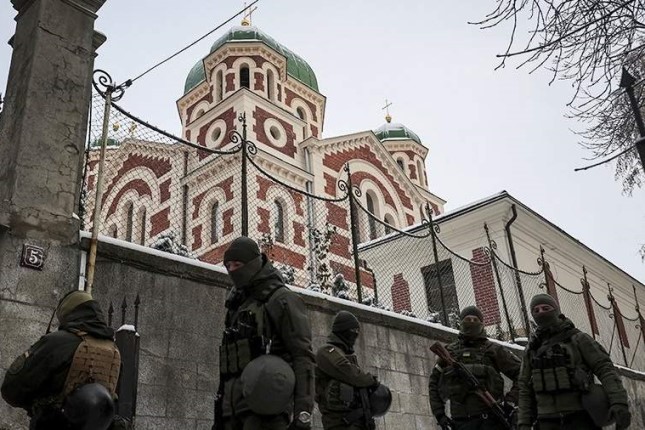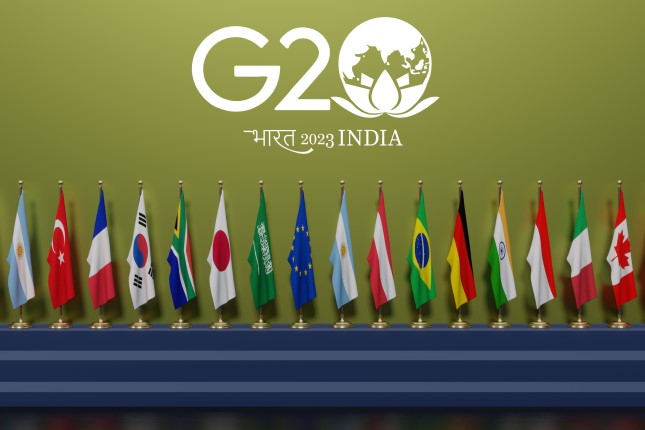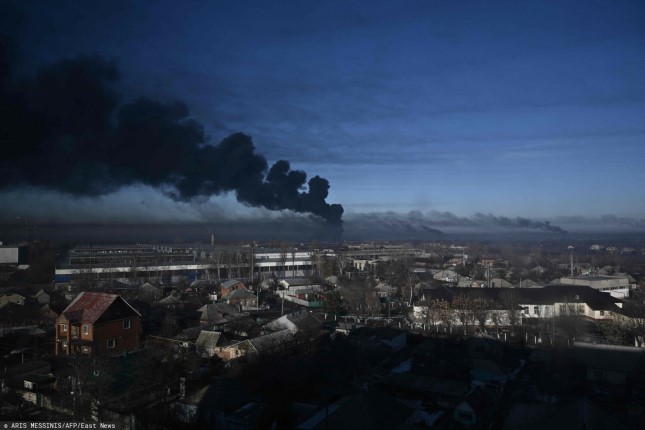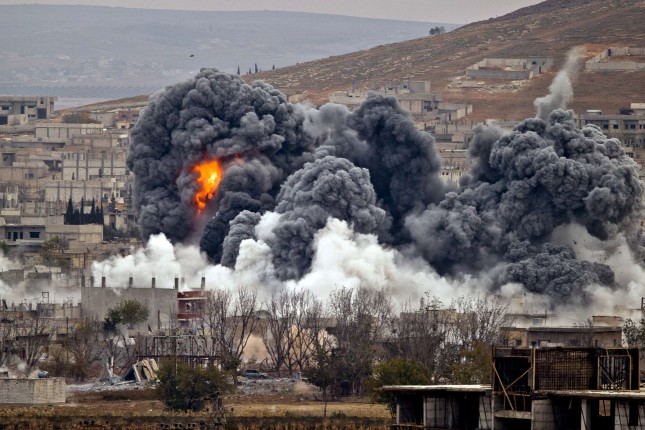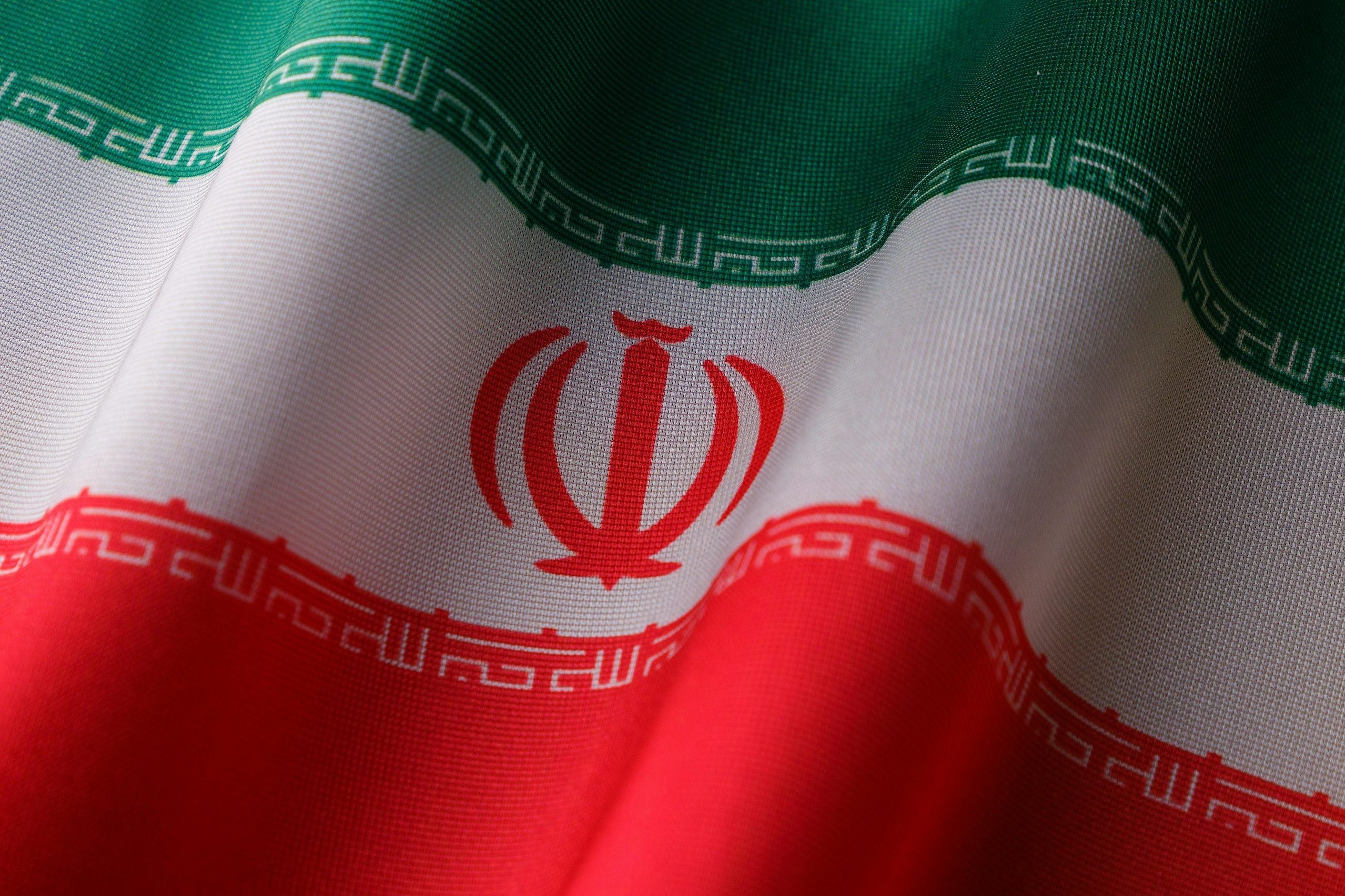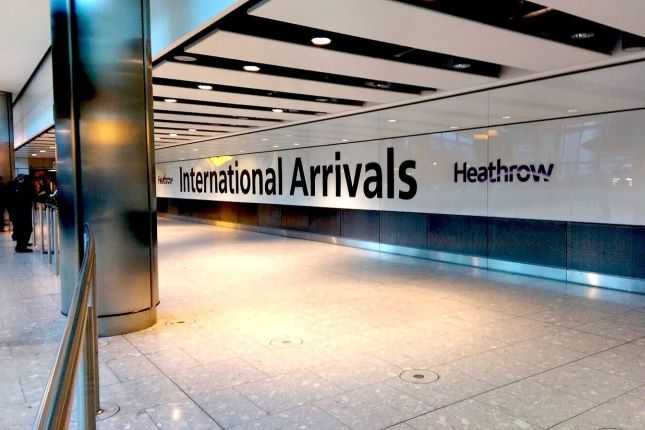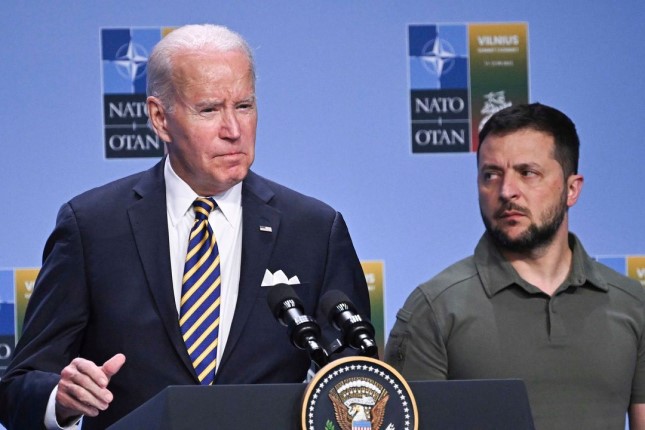On the night of January 11–12, the US and Great Britain launched massive air strikes on the Houthi-controlled part of Yemen. The targets included Yemeni military infrastructure—radar stations, air defense facilities, and weapons and drone warehouses. Missiles struck targets in the capital Sanaa, in Saada, and in the port of Al Hudaydah.
In response, Yemen fired ballistic missiles at targets in the Red Sea and announced a general mobilization, with the Houthi leader al-Houthi stating that Yemenis are prepared for a direct confrontation with the Americans. The limited strikes by the Western coalition (the US, Great Britain, Australia, Canada, and Bahrain) on Yemen will not achieve the stated goal of stopping Houthi attacks against ships in the Red Sea. On the contrary, the American action will result in (and Washington understands this perfectly well) a near-total paralysis of one of the world's most important shipping arteries and a blow to the independent development plans of Middle Eastern BRICS member states.
The attack on Yemen began around 11:30 PM GMT. Tomahawk missiles were launched at Yemeni targets from the US nuclear submarine Florida, and British Typhoon fighters took combat positions, taking off from the Akrotiri Air Force base in Cyprus. In the morning, the strikes on Yemen resumed.
Following the initial raid on Yemeni targets, US President Joe Biden made an official statement. According to him, "These strikes are in direct response to unprecedented Houthi attacks against international maritime vessels in the Red Sea—including the use of anti-ship ballistic missiles for the first time in history.” "These attacks have endangered US personnel … jeopardized trade, and threatened freedom of navigation. More than 50 nations have been affected in 27 attacks on international commercial shipping… More than 2,000 ships have been forced to divert thousands of miles to avoid the Red Sea—which can cause weeks of delays in product shipping times. And on January 9, Houthis launched their largest attack to date—directly targeting American ships. The response of the international community to these reckless attacks has been united and resolute… I will not hesitate to direct further measures to protect our people and the free flow of international commerce as necessary,” Biden declared.
Any reasonably thinking observer can see that the US president is, to put it mildly, disingenuous. The Houthis, indeed, in response to Israel's actions in Gaza, launched a bandit-pirate campaign against Western shipping in the Red Sea, as a result of which major maritime carriers began routing their container ships and tankers to Europe and back to Asia not by the shortest route through the Red Sea and the Suez Canal, but around Africa. However, it is quite obvious that air raids on Yemen will not only fail to eliminate the threat to shipping and weaken the Houthis, but will do the complete opposite.
The Saudi-Yemeni war of 2015-2023 ultimately only led to a qualitative strengthening of the Houthi army, which, with the help of their Iranian allies, made tremendous progress in development and gained extensive experience in combat operations and resistance to the Saudi coalition armed with the most modern weapons. The Houthis have increased their missile potential and learned to wage war using drones. An American attack, especially without a ground component, will lead to a sharp strengthening of the combat capability of the army of the Houthi-controlled part of Yemen. As a result of the attack by the Americans with the participation of the EU, not only ships allegedly linked to Israel, but all vessels transporting goods in the interests of Western countries and their real or perceived allies, such as Saudi Arabia and Egypt have become "legitimate" targets for the Houthis in the Red Sea. This means the actual blockade of the Red Sea and the Suez Canal for transporting European goods, which will cause significant financial damage to Europe and dramatically reduce the turnover of Saudi Arabia's main port of Jeddah, affecting the economic interests of Egypt.
The aggressive response of the Houthis and their allies in the Middle East (primarily in Iraq) to Saudi Arabia (opened airspace for strikes, hosts American bases), Bahrain (hosts American bases, participated in the coalition), and the UAE (hosts American bases) will lead to the disruption of the Iranian-Saudi settlement mediated by China, the possible involvement of Iran in military actions, and the disruption of shipping in the Strait of Hormuz. This will put an end to Saudi Arabia’s ambitious plans to develop the huge new city of Neom being built on the Red Sea and will strike at the UAE as a major independent global player in logistics and finance. Involvement in the confrontation will also hit Iran, which is doing its best to avoid direct participation in military conflicts and has only just restored relations with the Arab countries of the Gulf. The unfolding confrontation in the region will endanger a significant portion of the oil imports of the EU, China, and India.
Thus, the American efforts to "pacify" (but in reality, doing the opposite) the Houthis hit not only the European Union (The Columnist has repeatedly written about the US’ course towards the energy strangulation of Europe) but also the seven (including Russia) BRICS countries, which have only just begun to independently, without the current US, build a new architecture of interaction in the Indo-Pacific region, based on complementarity and pragmatic and trustful cooperation. The step-by-step military escalation organized by the US and Great Britain (in spurts—Israel, Yemen) is aimed at disrupting the complementary cooperation of BRICS in the Indo-Pacific region with the subsequent restructuring of the latter with the participation of Washington and according to its templates.
